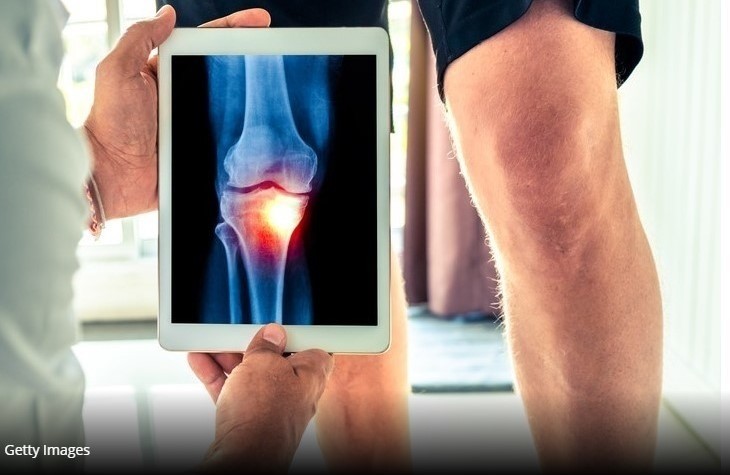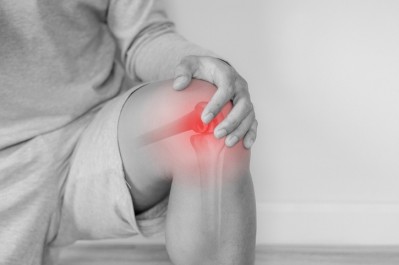Gelita study finds collagen peptides reduce knee joint discomfort in adults

In a German-Austrian research collaboration, the team found a five gram(g) oral daily dosage of Gelita’s Fortigel bioactive collagen peptides had a “positive effect” on knee joint pain during activity when compared with placebo.
“I welcome the new addition to the portfolio of studies,” says Dr Stephan Hausmanns, Gelita’s Vice President for Health & Nutrition. “Fortigel is the most clinically-studied bioactive collagen peptide for 30 years.
“Over 20 studies, involving more than 2,500 participants, contributed to develop Fortigel and prove the product’s positive effects to joint health.
“So far, no other collagen peptide solution on the market has been able to offer an alternative to Fortigel, backed by science.”
This research, which was partly funded by Gelita, draws on these studies from the past that indicate collagen peptide’s high absorption rate as well as high proportion of proline and hydroxyproline,
Additionally, collagen peptides show a high resistance to intestinal digestion and higher transport efficiency.
These collagen-derived peptides appear to accumulate in the cartilage tissue, where they can stimulate the chondrocytes to synthesize cartilage extracellular matrix molecules and counteract progressive tissue degeneration.
The increased content of proteoglycan—an essential component of cartilage in the human knee joint—was a main outcome of a pilot study.
Exercise-induced knee pain
Researchers from the Universities of Freiburg and Vienna began enrolling 180 active men and women aged between 18 and 30 years with exercise-related knee pain but no diagnosed joint disease
Participants were randomly assigned to the group receiving 5g of specific collagen peptides (CP-G) or to the placebo group (P-G) for a period of 12 weeks.
For the primary outcome, changes in pain during or after exercise from pre- to post-intervention were assessed by the participants and a physician
As secondary outcomes, pain under resting conditions and after 20 squats were compared between the study groups.
Findings revealed supplementation of Fortigel led to a significantly higher reduction of exercise-induced knee pain (−21.9 ± 18.3 mm) compared with the placebo group (−15.6 ± 18.5 mm).
The results appear to corroborate previous findings that found reductions in activity-related joint discomfort from the use of Fortigel compared with placebo.
The research team pointed out though that the effects measured were valid only for Fortigel and the specific Bioactive Collagen Peptide (BCP) used in the study. It could not be readily applicable to other collagen products.
Study limitations
The team highlighted some study limitations, namely that the significant pain reduction observed in the P-G, may have had an effect on how the participants perceived their condition (relieving pain).
“This assumption is supported by the smaller reduction in activity-related pain in the P-G, when taking the more objective assessment of the physician into account,” the team writes.
“To evaluate the efficacy of the used collagen peptides the differences between groups were defined as endpoints in the study.”
Furthermore, the team points out that changes in pain may have been influenced by slight changes in the activity level e.g., due to seasonal differences.
“Since the pain assessment depends on the participants’ subjective perceptions, biomechanical measurements, markers of inflammation or imaging techniques might complement the range of motion measurement to evaluate improvements in functionality and structural features in future studies.”
Source: Nutrients
Published online: doi.org/10.3390/nu13020523
“The Influence of Specific Bioactive Collagen Peptides on Knee Joint Discomfort in Young Physically Active Adults: A Randomized Controlled Trial.”
Authors: Denise Zdzieblik et al.














